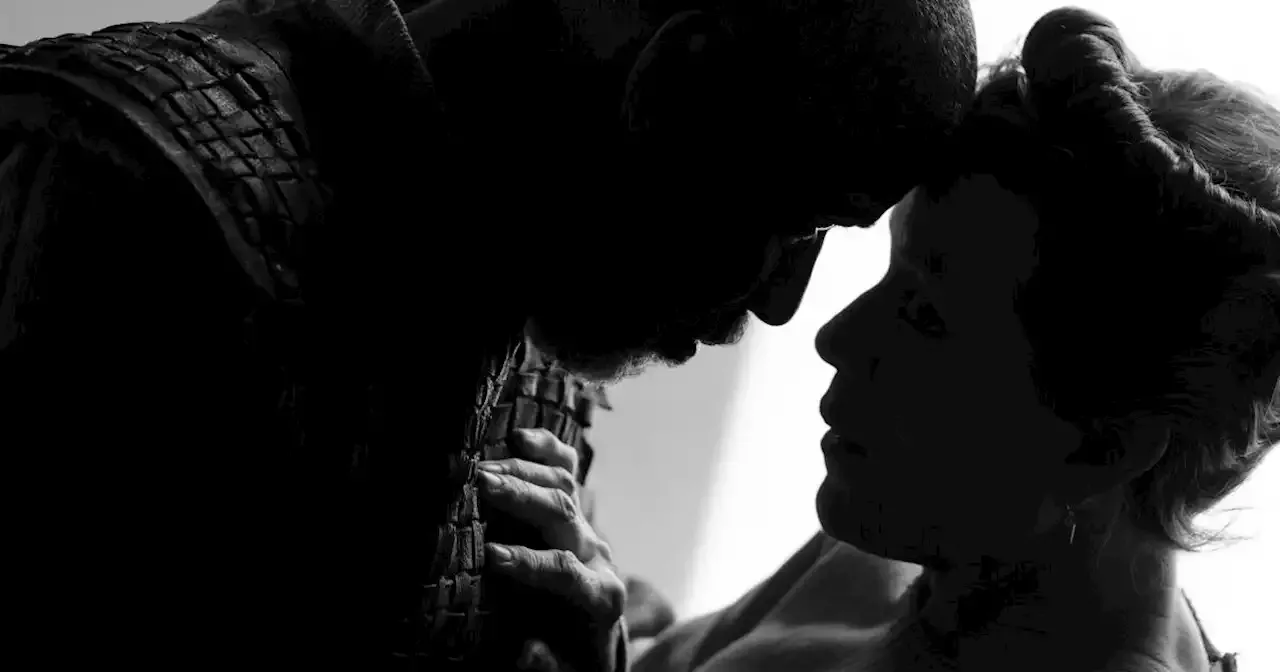Joel Coen's 'The Tragedy of Macbeth,' with Denzel Washington and Frances McDormand, carves out its own space in the history of Shakespeare onscreen.
follows Polanski’s lead in making Ross the third murderer, whose identity is one of the puzzles of Shakespeare’s tragedy. Macbeth commissions two desperate men to kill Banquo but a third mysteriously appears when it’s time to do the job. He says that he’s been sent by Macbeth but reveals little else.
But Coen’s moviemaking instincts guide him in ratcheting up the intrigue in a meticulously art-directed black-and-white film that is deeply indebted to other movie versions of Shakespeare’s tragedy. Indeed, the conversation Coen has with other screen adaptations of “Macbeth” is more satisfying than his engagement with the play itself.This is not meant as a slam. As a reading of the play, Coen’s film, while circumscribed, is full of provocative ideas.
These interpretive moves didn’t coalesce for me into a revelatory understanding of “Macbeth.” But that may be because the story that interests Coen the most about the play has to do with its cinematic history.Stage veteran Kathryn Hunter gets her big-screen breakout as the witches in “The Tragedy of Macbeth,” opposite Denzel Washington and Frances McDormand.
The critical question that must be worked out when adapting Shakespeare to the screen is how language bursting with music and metaphor can be integrated into a more visually oriented medium. In answering the question of which to prioritize, word or image, a director is forced to choose between contrasting artistic grammars.
